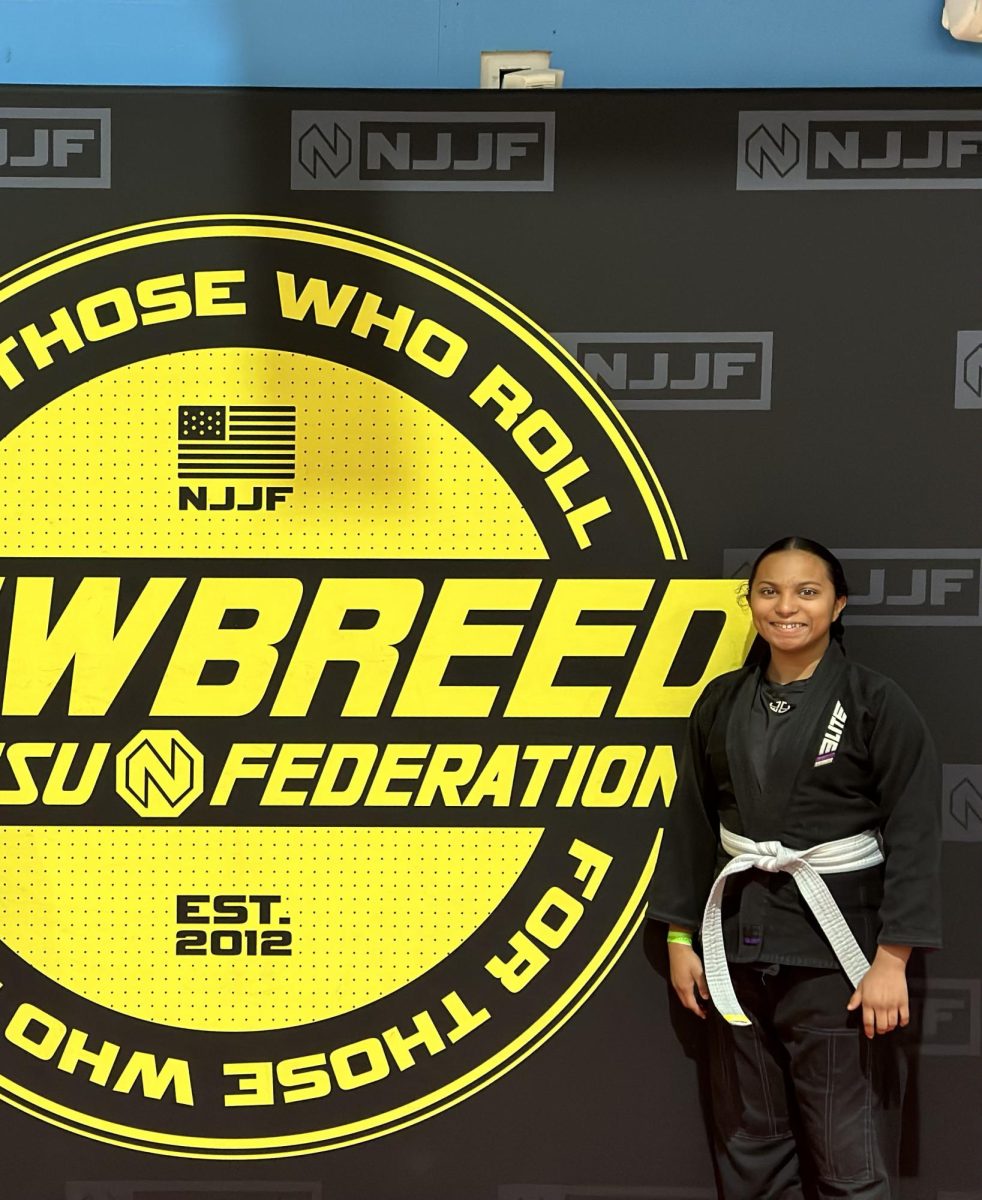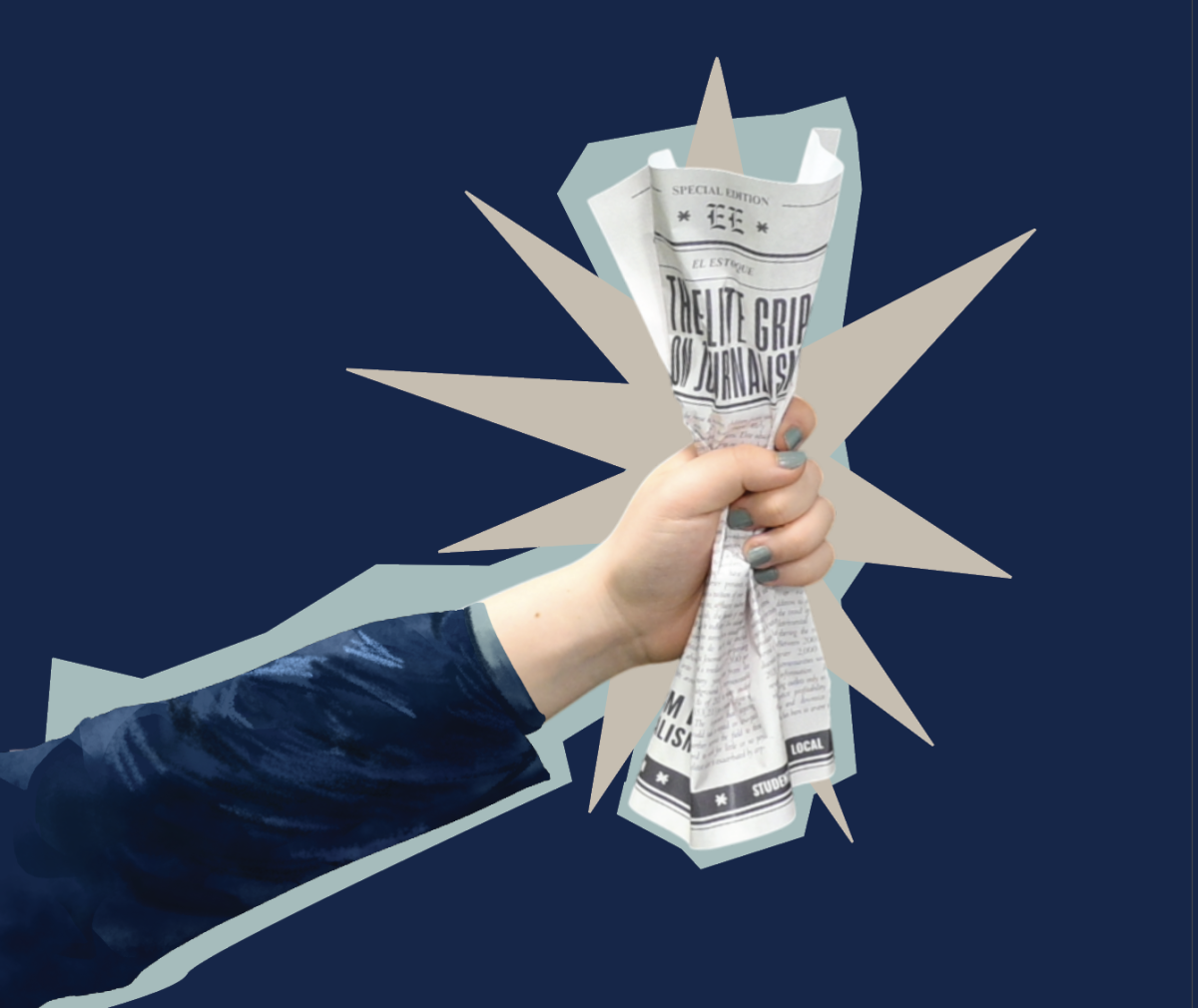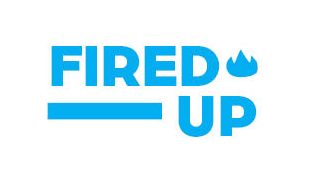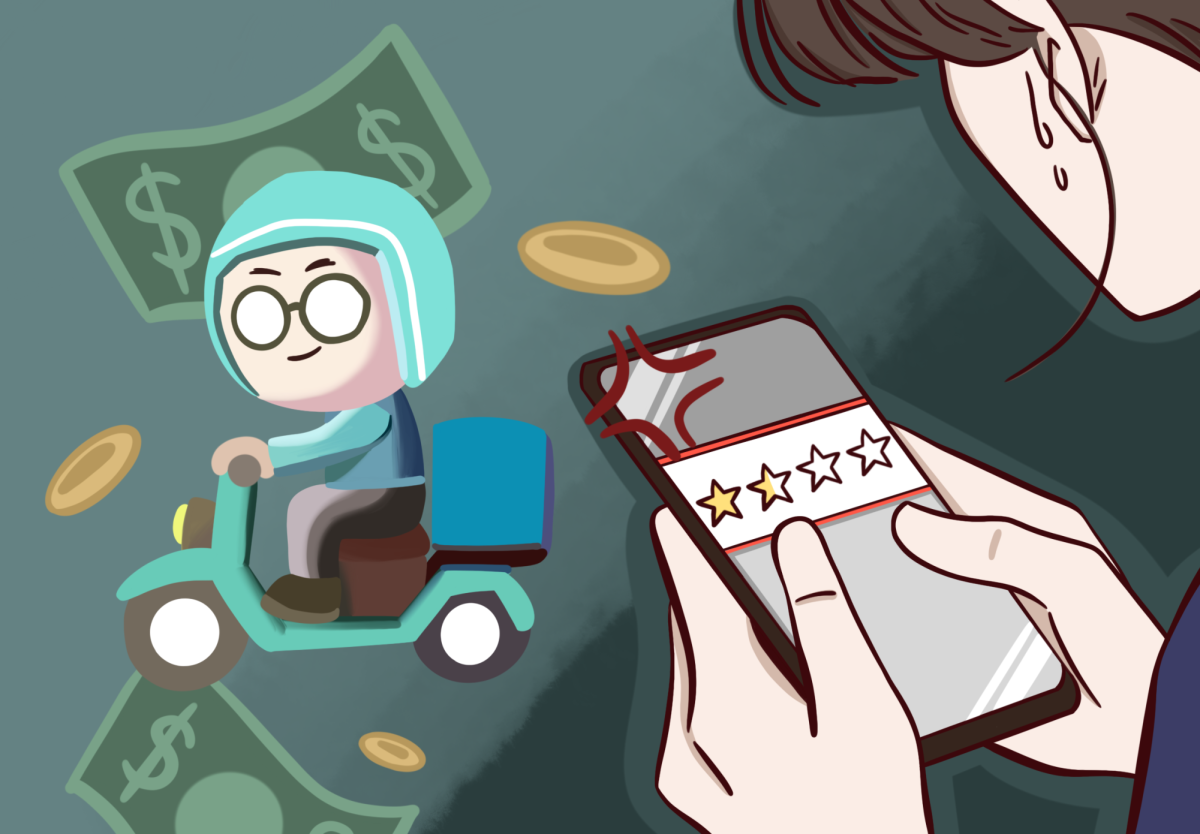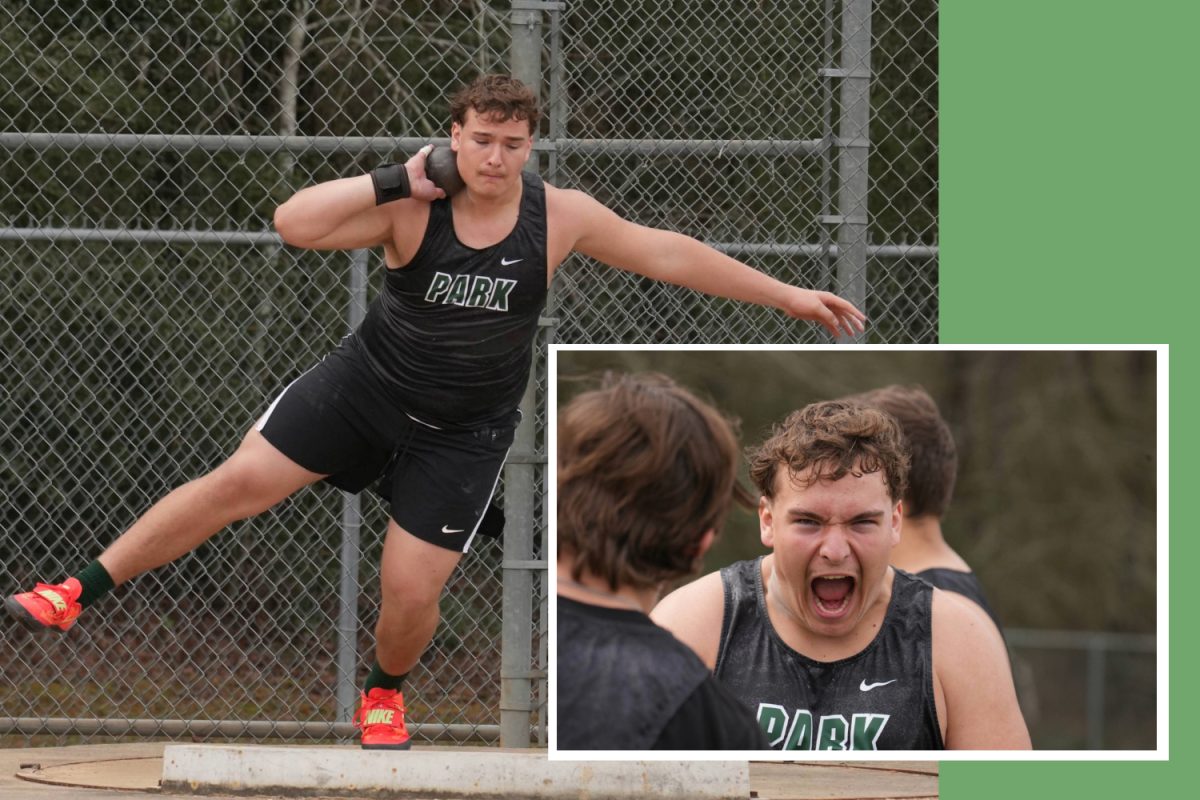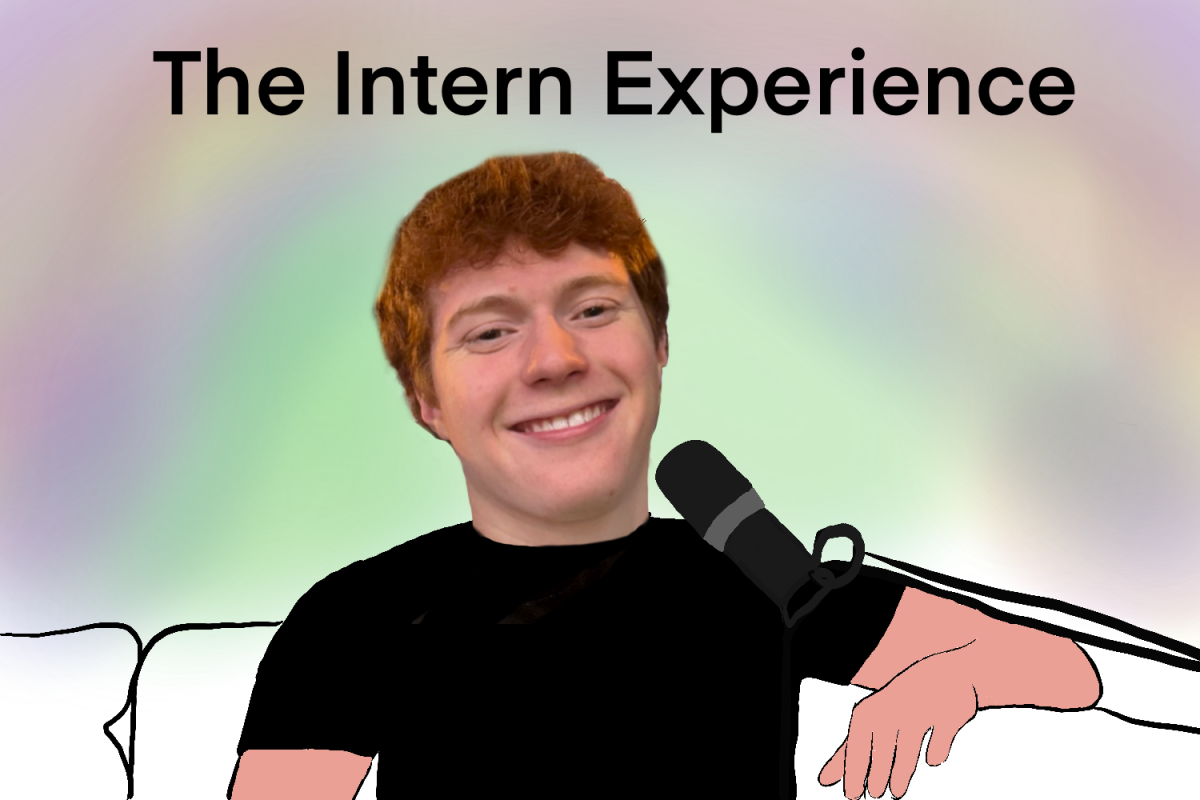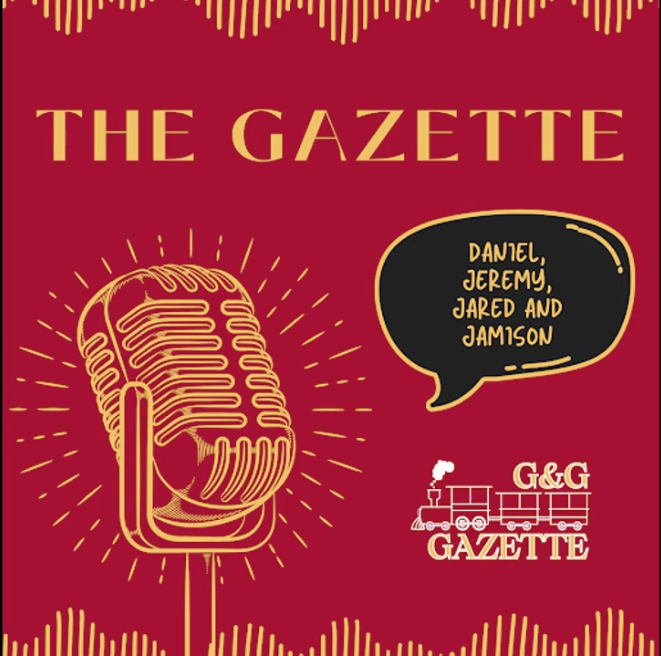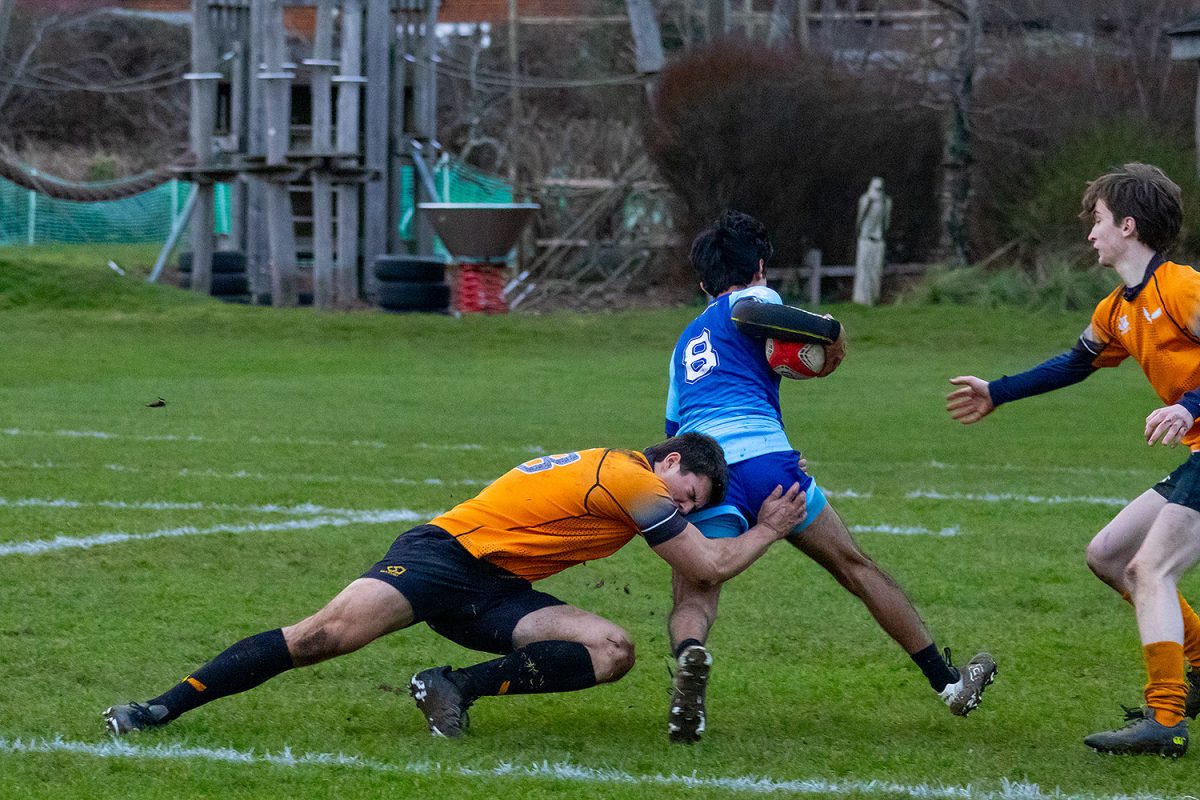Freshman Mollie Schnedler submitted her test and looked around at the class to see who else was done. Upon looking around, she saw a classmate with another tab open, looking up answers to the test.
Mollie described the teacher’s reaction to this situation as “odd” and “annoying.”
“No one really did anything about it. We were in a class with a teacher, but they didn’t really do anything,” Mollie said.
This is a frustration that many students share. The lack of accountability for cheating is due to the outdated and unenforced CPS cheating policy.
The current CPS guidelines define cheating as Merriam-Webster’s “passing off the ideas or words of another as one’s own: using another’s production without crediting the source.”
The policy then goes on to specify cheating behaviors as “the use of technologically generated writing, purchased papers, books, periodicals, interviews, and research abstracts without attribution and/or authorization. It shall also be a violation of policy to cheat on assignments and assessments.”
Columbia Public School’s academic honesty policies need to be reenvisioned and revised. The offenses listed are outdated and do not take modern technology, and modern forms of cheating, into perspective. The landscape of cheating has changed drastically in the past few years. According to a survey conducted by Stanford University, 60-70% of high school students have engaged in at least one cheating behavior in the past month.
Not only is the CPS policy outdated, but the disciplinary actions listed in it are not actually being enforced in Hickman.
According to Regulation JG-R1, the consequences for cheating are “No credit for the work, grade reduction, course failure, or removal from extracurricular activities.”
Teachers, however, have found their own way of disciplining students for academic dishonesty.
Math teacher and Department Chair Cortni Gonzalez described her method of detecting cheating.
“I would give them a comparable exam, same concepts, different numbers, and if they perform just as well, then…maybe I was wrong, but if there’s obviously discrepancies…[it’s] evidence that maybe they weren’t being honest when they took it the first time,” Gonzalez said.
When Gonzalez determines that a student has cheated, she doesn’t want to give them a zero because of how difficult that score is to come back from.
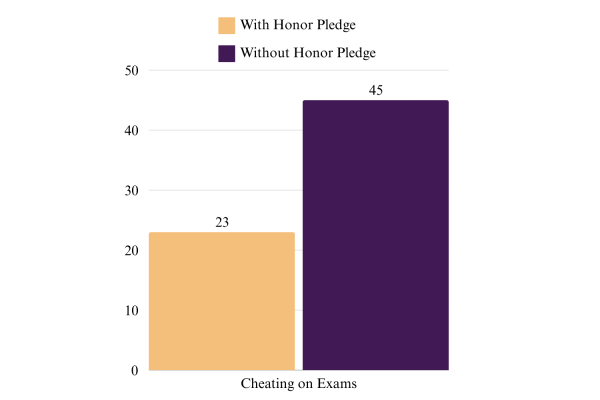
Instead, Gonzalez gives them “the grade they got on that retake exam,” explaining that it is “not a zero, but it’s obviously not what they would have gotten with the score that they cheated with.”
English teacher Jonathan McFarland has similar procedures when a student cheats for the first time.
“I notify the student…[and] give them an opportunity to redo it if they want,” McFarland said.
While teacher policies are consistent with each other across Hickman, they aren’t consistent with district policy as a whole. Both teachers said their cheating policies were their “personal” ideologies.
Assistant Principal Anna Rorvig, who is over academic policies in Hickman, described her philosophy on dealing with academic dishonesty infractions.
“I try to use a teacher’s discretion, because, as you know, a student’s grade is based on assessments…[and] I think grades are very personal,” Rorvig said.
Having teachers as direct contributors to disciplinary actions for cheating infractions means that punitive aspects of district policy are rarely followed.
The nature of teachers is to want positive outcomes for students, so they struggle to implement grade discipline for students.
Teachers feel worried that they will harm their relationships with students by punishing them for cheating on assignments, even when disciplinary actions would be effective.
When teachers are given tools to put a complicated situation into black-and-white terms, they find it easier to implement the next steps.
McFarland appreciates Turn-It In for its ability to detect the use of online resources and AI technology to generate writing.
“If I say you generated this with AI because Turn-It In detected it, then it’s not me…I can just say, ‘Well, this is what…we use at CPS, and it says [you cheated],’” McFarland said.
We can create a new system where teachers don’t have to be the “punitive police” of cheating, where decisions on what counts as cheating and the discipline for these offenses are stated clearly.
This new system is through an academic honesty pledge.
Academic honesty pledges are contracts students sign at the beginning of a class and before every exam where they promise not to cheat.
Honesty pledges have been proven by research to be effective in curbing cheating. In a survey of 6,000 students, 75% of them admitted to participating in some form of cheating. However, for students of institutions that have honesty pledges, the likelihood of cheating was 50% lower than students at institutions that do not have honesty pledges.
This is because often, students who cheat do so because they don’t believe that cheating is wrong. Students who believe that cheating is morally wrong or unjustifiable are significantly less likely to cheat.
Honor pledges clearly show students that cheating is not an acceptable behavior and therefore limit the amount of students who are willing to cheat on an exam.
Academic honesty pledges have the additional benefit of taking cheating enforcement out of the hands of teachers. After signing the honesty pledge, students have little to argue with teachers about if they are caught cheating.
Many universities, including Columbia’s own University of Missouri, have academic honesty pledges.
These pledges don’t have to be complicated. In fact, the University of Missouri’s pledge simply reads: “I strive to uphold the University values of respect, responsibility, discovery, and excellence. On my honor, I pledge that I have neither given nor received unauthorized assistance on this work.”
While this pledge is simple, it is effective because of the specific offenses that count as cheating laid out on the Mizzou website.
Director of MU Office of Academic Integrity Ben Trachtenberg laid out the offenses that the policy includes.
“There are four specific kinds of behavior that count as cheating. They are cheating off of a classmate’s work… plagiarizing from the internet…unauthorized use of artificial intelligence…and sabotage,” Trachtenberg said.
There are more details on what constitutes each offense on the Office of Integrity’s website.
Mizzou’s honor pledge is also backed up by punishments. The website states that students caught committing academic dishonesty can result in punishments ranging from “probation to expulsion.”
Trachtenberg explained the range of punishments that his office would give to students.
“Formally, if they accept responsibility [on their first offense]…they would not be punished more severely than [a letter of warning or probation and] likely get a zero on the assignment that they did,” Trachtenberg said.
If they have repeated offenses or their offense was severe, the Office of Integrity will give more severe consequences like being dropped from the class or possible expulsion from the University.
The combination of an honor pledge, specific definitions of cheating behaviors and specific and consistent punishments make cheating a stigmatized behavior at Mizzou.
Columbia Public Schools needs to reframe its policies in a similar way. The current CPS policies have not been updated since 2017. It is high time they are reexamined.
The School Board needs to create an honor pledge with specific qualifications of what constitutes cheating; this can be modeled on Mizzou or any other University’s policies. This honor code needs to be displayed in every classroom, signed at the beginning of the year and signed before every exam.
This pledge needs to be accompanied by a list of specific consequences, ones that will be implemented by administrators, not teachers.
If CPS wants to truly prepare students for higher education, stay true to a fundamental belief of academic honesty, and remove the responsibility of punitive police from teachers, it must change its academic dishonesty policies.
This story was originally published on Purple and Gold News on November 25, 2024.



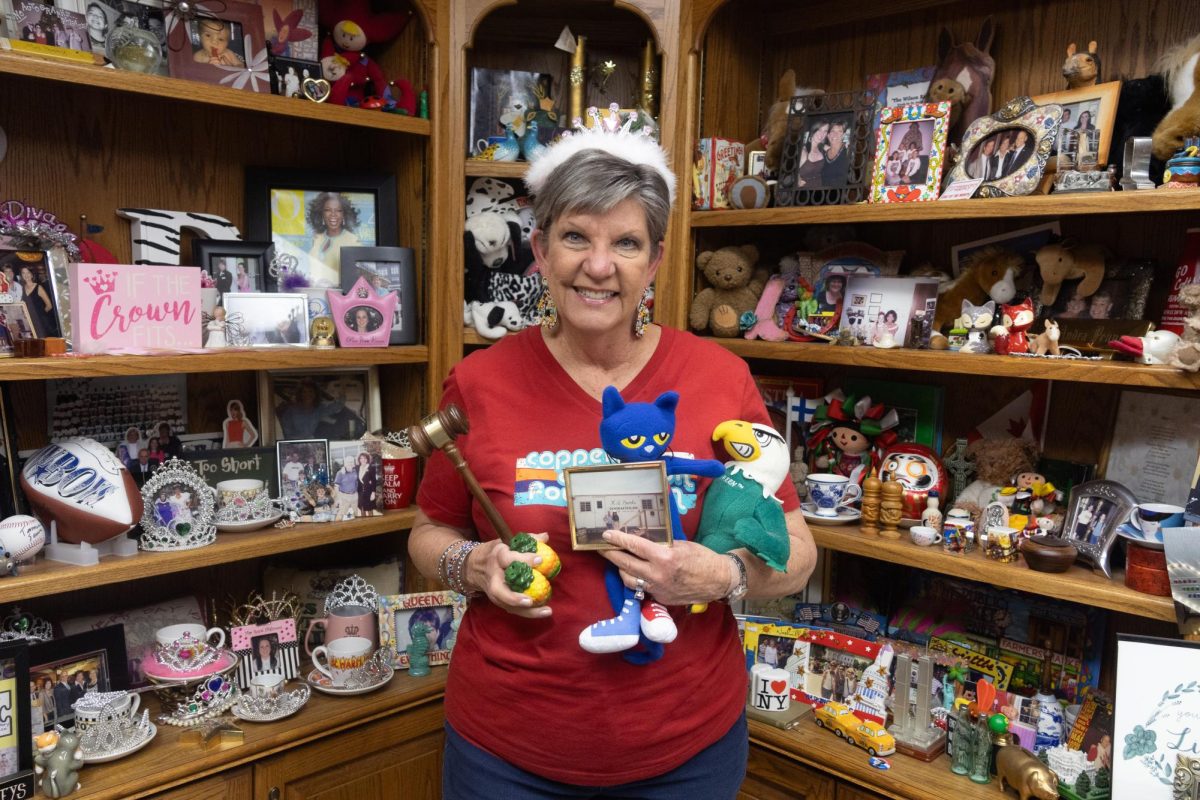

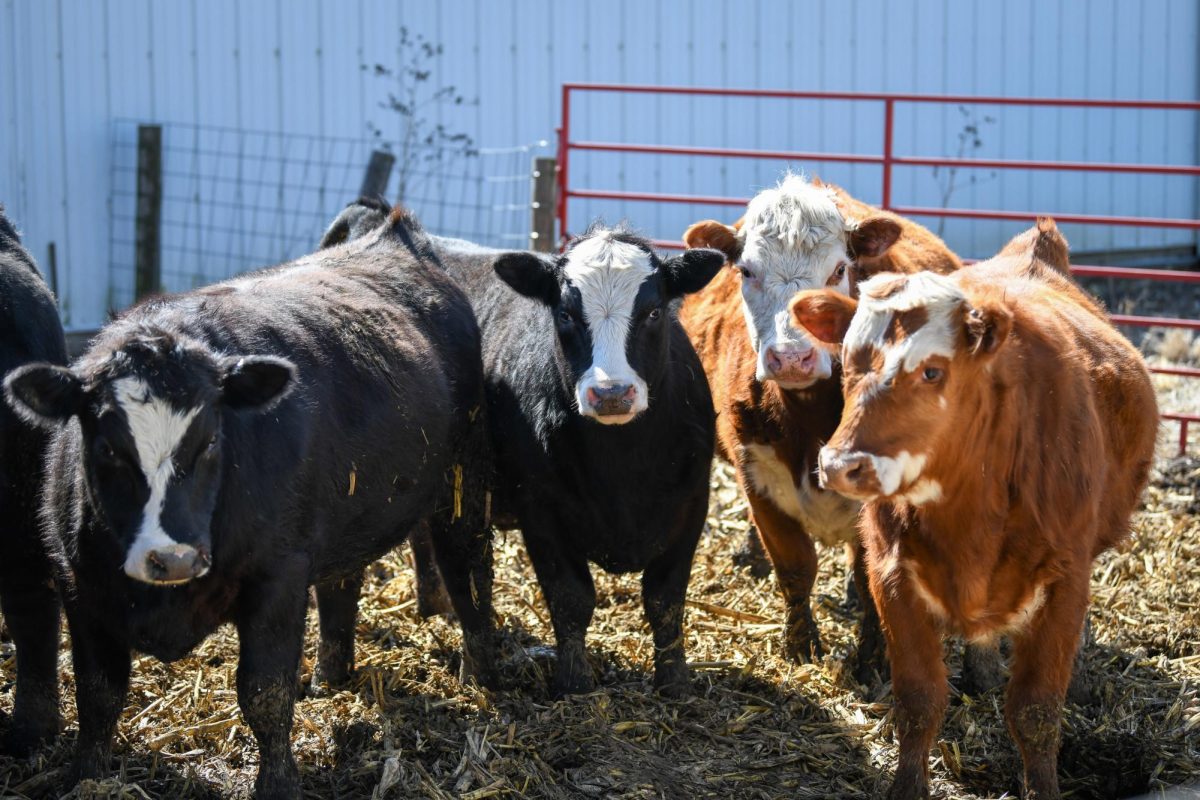
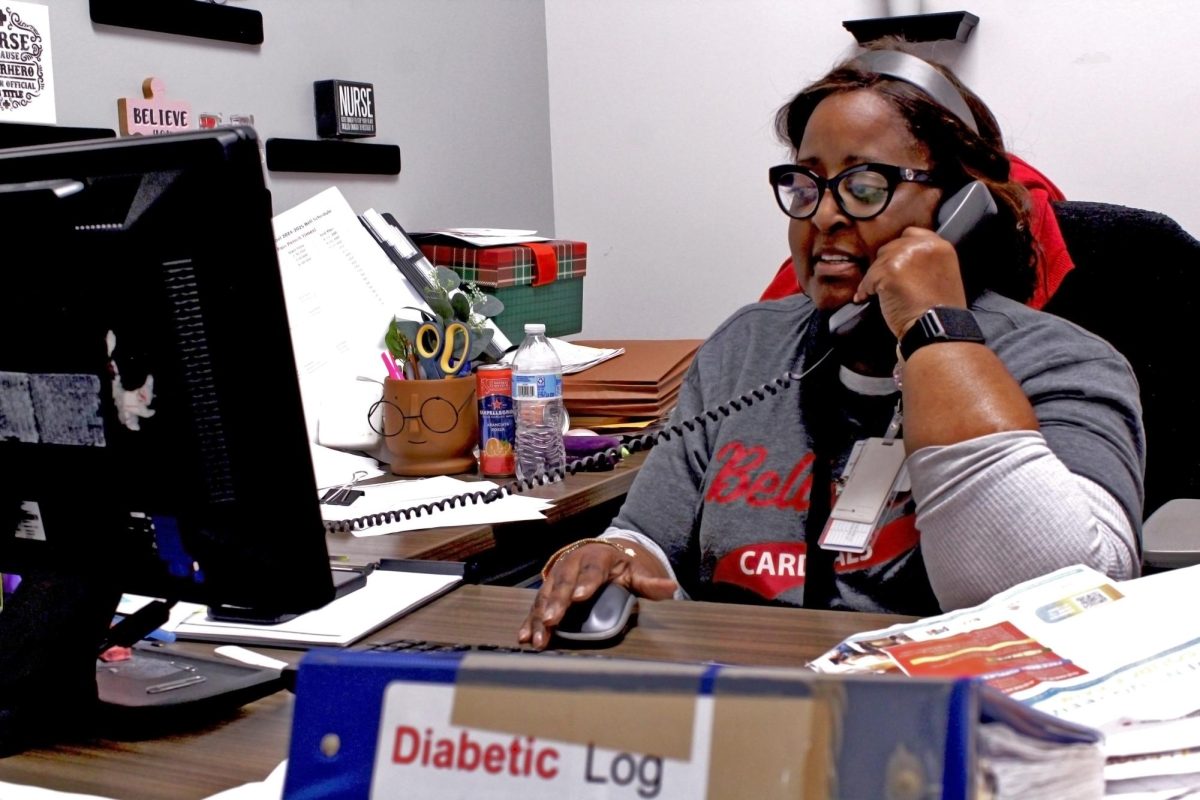

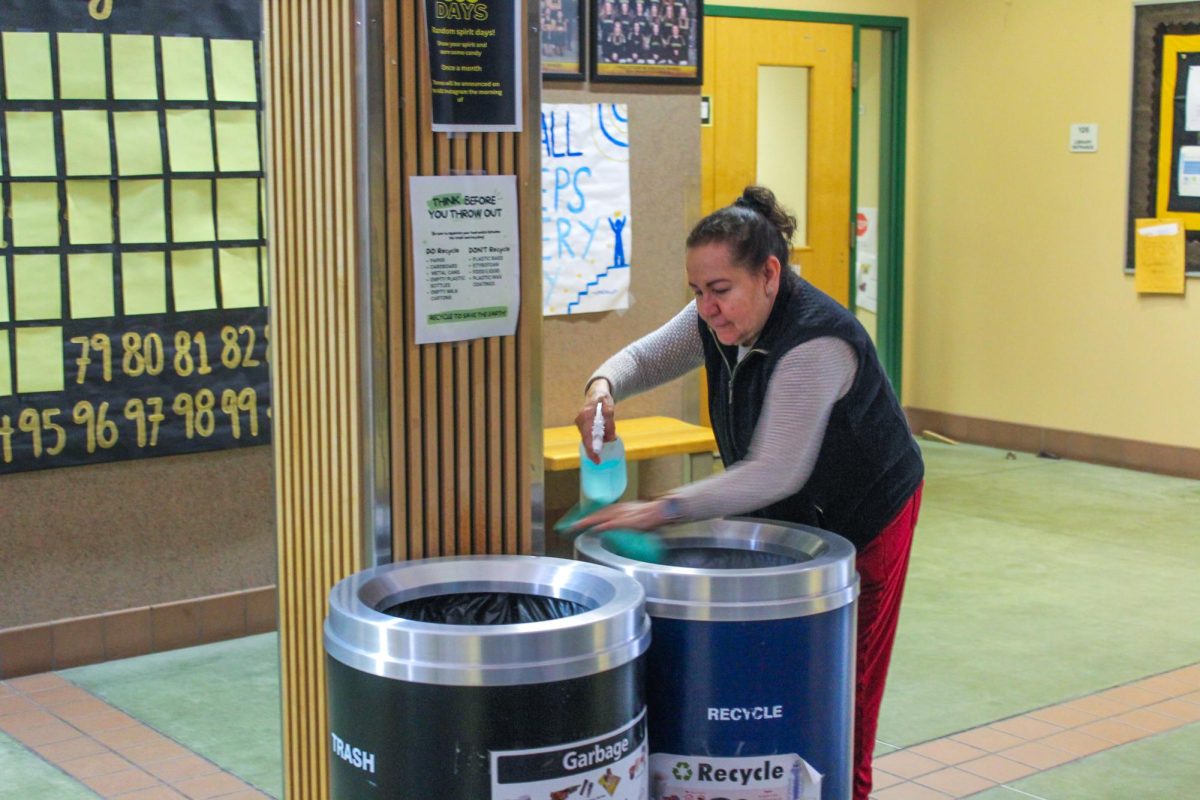
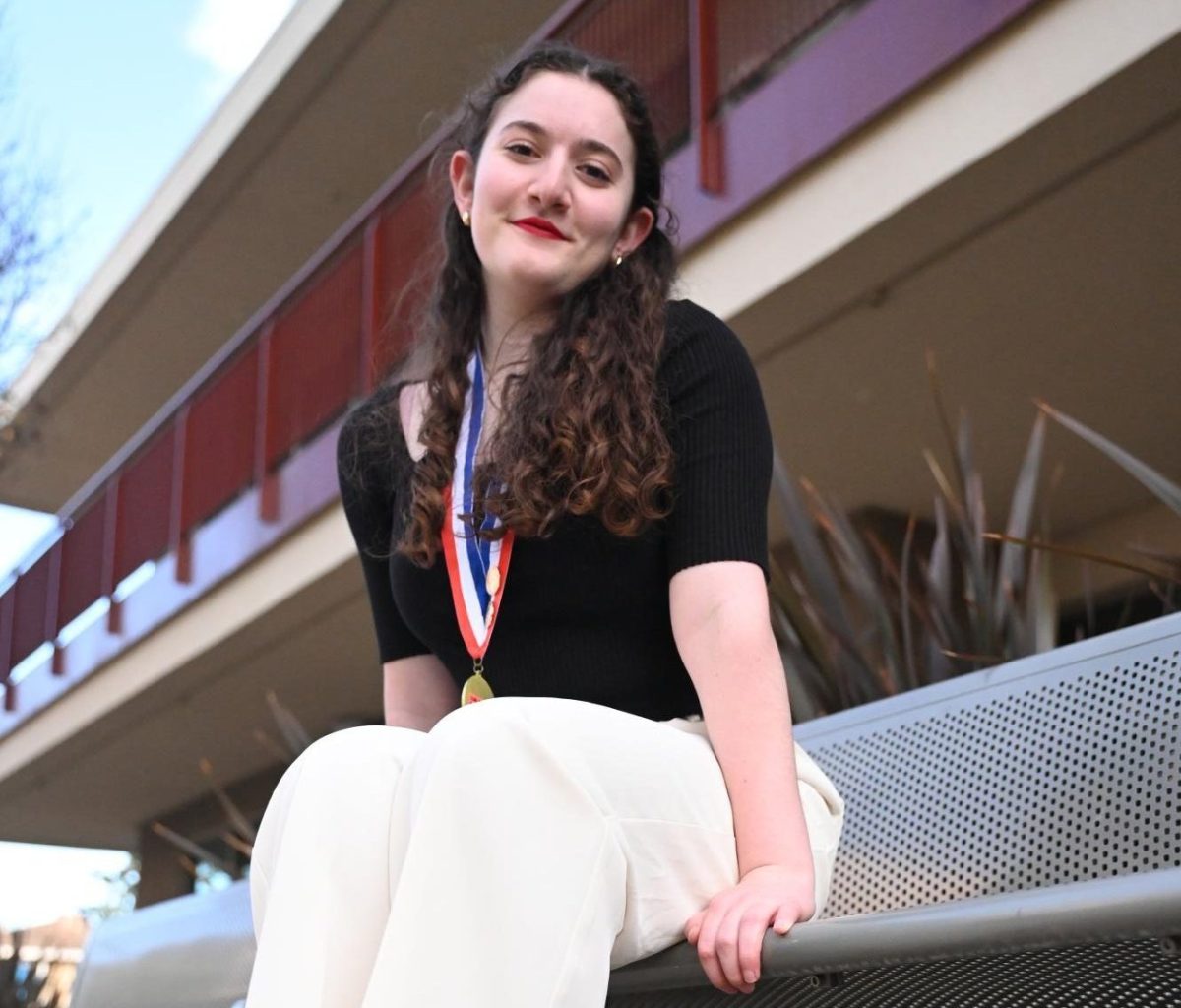
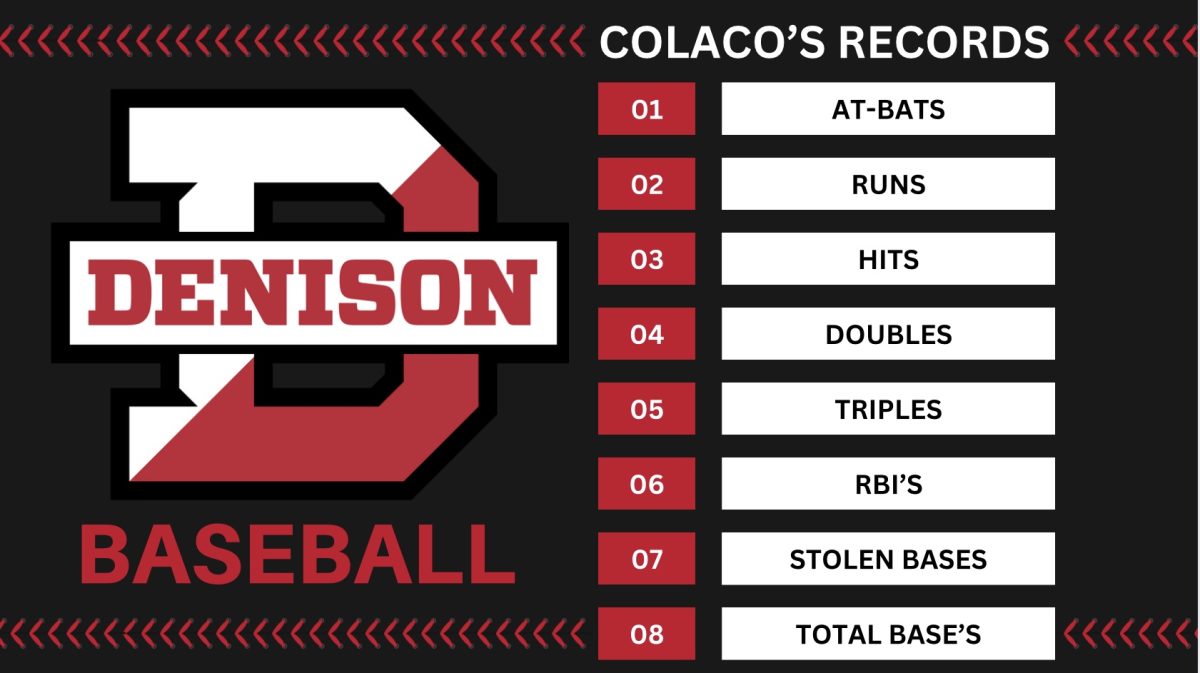
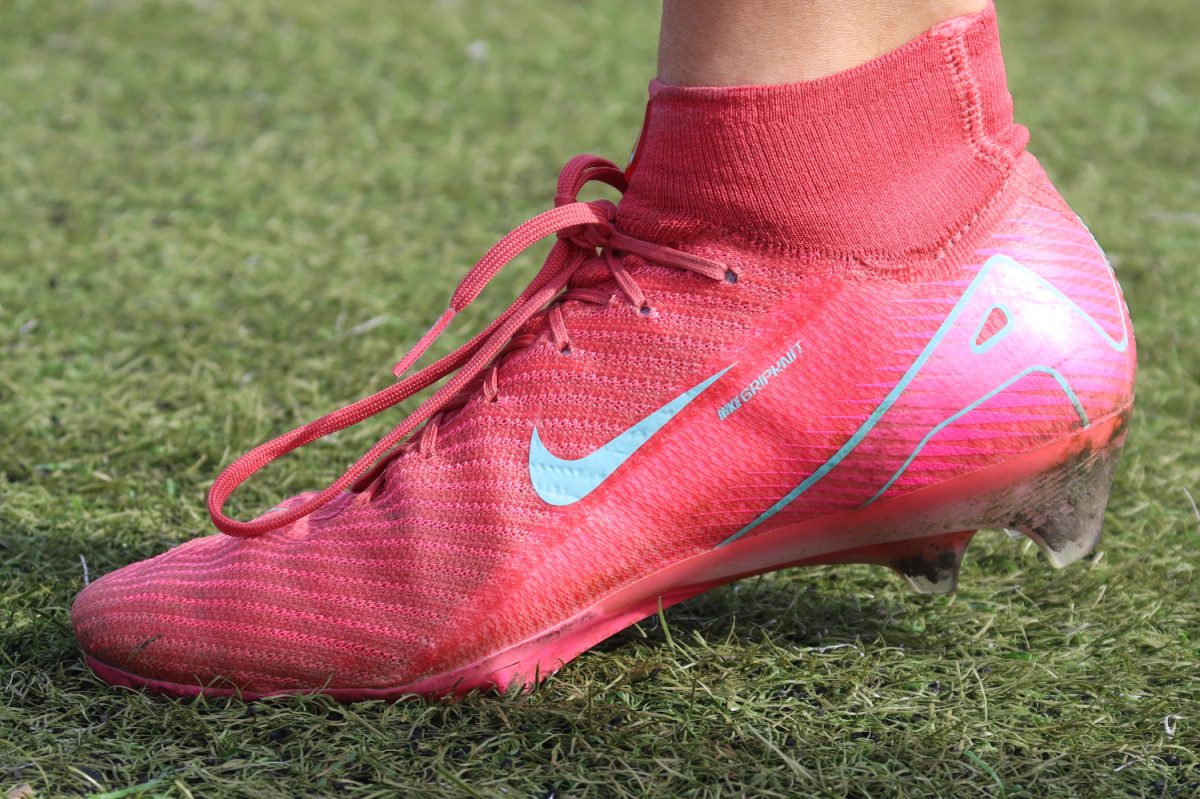
![FIGHTING THROUGH STORMS Coach Johnny Rodriguez cheers on his players as they ace their attacking skills during an after-school practice. Despite the cold rain, Rodriguez remains on the field as his players’ biggest supporter and source of positivity, leaving a lasting impact on them. “Coach Rodriguez has changed my perspective in life, [making it] more positive,” O’Hara said. “[He reminds me that] there's always something good to do, and I want to put that to my lifestyle.”](https://bestofsno.com/wp-content/uploads/2025/04/IMG_2611-1200x800.jpeg)
